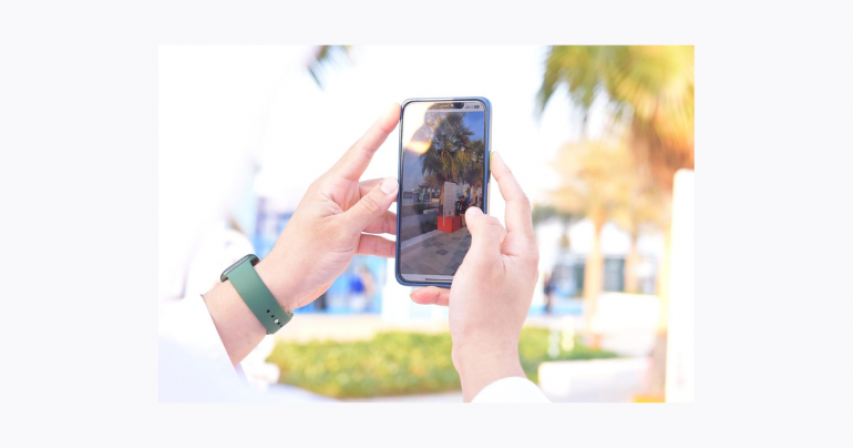Do you know your mobile phone is 10 times dirtier than a toilet seat?

In today's digital age, smartphones have become indispensable companions for people worldwide, including the UAE's 17.1 million users. However, a recent University of Arizona study uncovered a startling fact: mobile phones harbor ten times more bacteria than toilet seats.
The UAE's healthcare professionals emphasize that mobile phones, often overlooked in terms of cleanliness, pose significant health risks due to bacterial contamination. Especially in high-traffic areas like bathrooms and food-contact surfaces, phones act as breeding grounds for harmful pathogens.
Despite the widespread usage of mobile phones in the UAE, awareness about their potential as infection vectors remains low. However, a study conducted in Abu Dhabi revealed that residents are taking steps to maintain hygiene, with 91.1% reporting regular cleaning of their devices using wipes and alcohol.
Health experts warn that mobile phones accumulate bacteria from various sources, including human skin, wallets, and bags. Particularly prevalent in Arab countries, shisha residues also contribute to contamination. By implementing proper hand hygiene and regular phone cleaning, the risk of infections could be significantly reduced, preventing up to 800,000 to 180,000 infections.
Dr. Nashwa Elsammak, a consultant in internal medicine at Prime Medical Center AlBarari Branch, highlights the presence of infectious bacteria like Streptococcus, Staphylococcus, E. coli, and MRSA on mobile phones. These bacteria, originating from faecal material, can lead to severe health issues, especially in individuals with weakened immune systems.
To mitigate these risks, Dr. Elsammak advises thorough cleaning of mobile phones using disinfectant-infused water and alcohol solutions. It is crucial to pay attention to areas prone to dust accumulation, such as screens, buttons, and corners.
Additionally, healthcare professionals urge individuals to refrain from using their phones in bathrooms, notorious for harboring bacteria. Dr. Mohamed Shaaban Mousa, a specialist in pulmonology at Saudi German Hospital Sharjah, warns against the potential transmission of respiratory illnesses, skin infections, and gastrointestinal diseases due to dirty devices.
In conclusion, maintaining cleanliness and practicing good hygiene habits can significantly reduce the health risks associated with mobile phones. Regular cleaning, proper hand hygiene, and avoiding phone use in high-risk environments are essential steps to safeguarding personal health and well-being.
By: Sahiba Suri





Comments